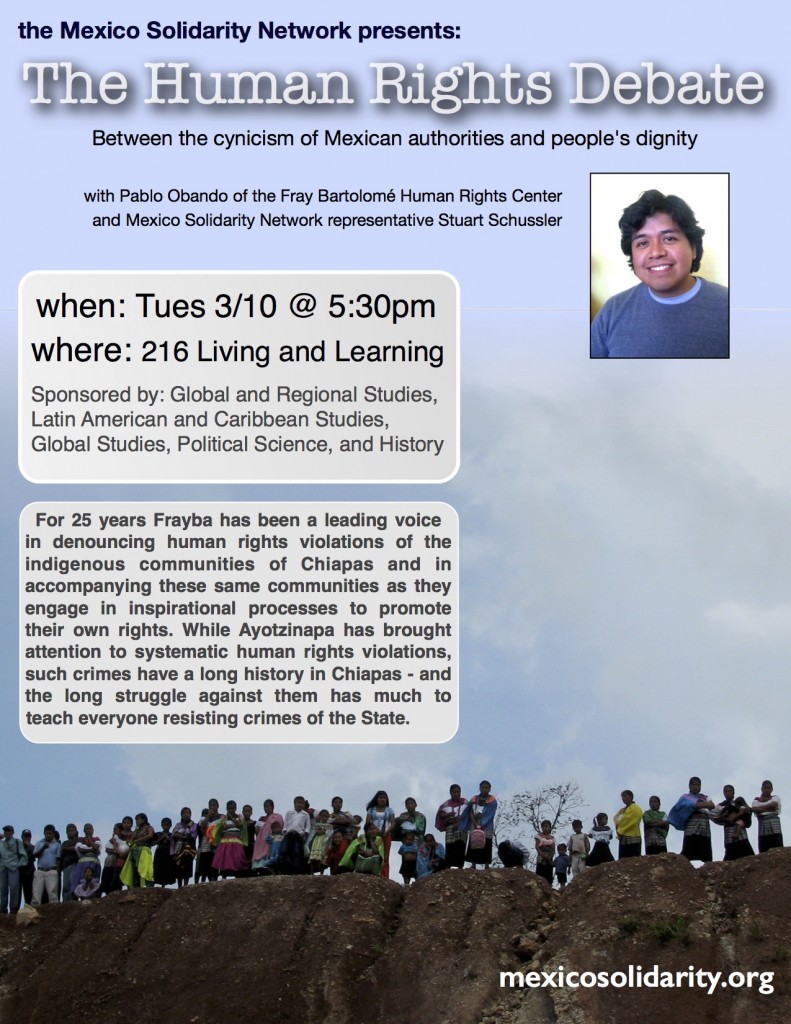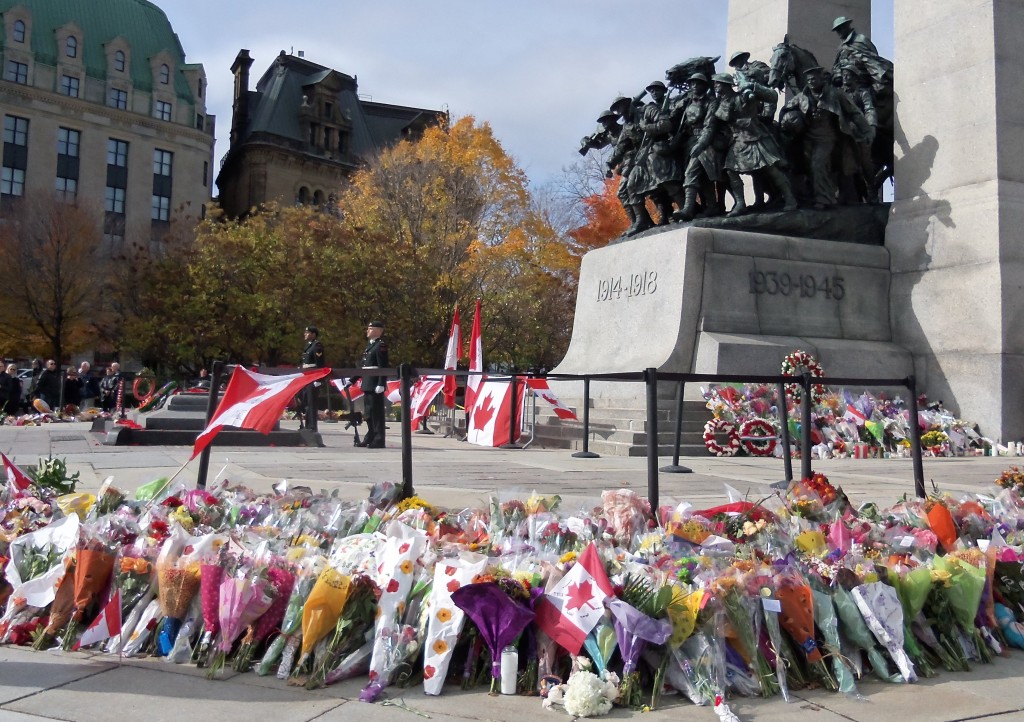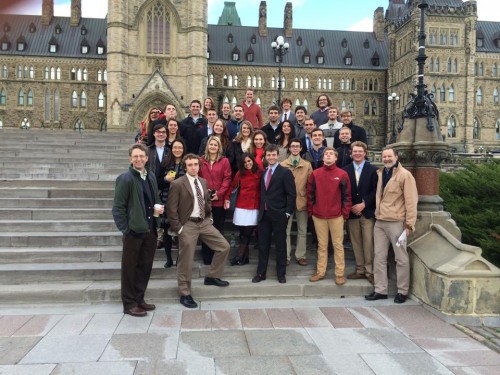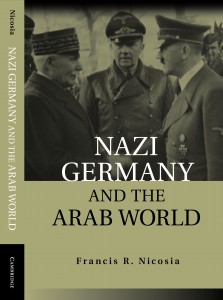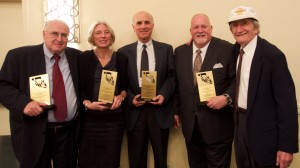“Five Questions With…” is a monthly feature on our blog that profiles a member of the UVM history department. (This month with one bonus question!)
To request a profile of a particular history department professor or staff member, or to submit questions for consideration for particular professors, please email history@uvm.edu with the subject line “Five Questions.”

This month we are chatting with Professor Felicia Kornbluh. Dr. Kornbluh is an Associate Professor of History, the Director of the Gender, Sexuality, and Women’s Studies Program and the President-Elect of United Academics, AFT/AAUP. Kornbluh is also one of 16 appointed Commissioners who serves on the Vermont Commission on Women.
What made you want to become an historian?
I have a long-term interest in social policy, by which I mean the interactions among public institutions and people’s family and economic lives. I worked on these issues as an advocacy journalist while in high school (I was a reporter and later chief editor for the journalism/advocacy group CHILDREN’S EXPRESS), as a college student working on Capitol Hill, and in-between college and graduate school as a writer and policy analyst on Capitol Hill and at a Washington, D.C.-based think tank called the Institute for Policy Studies.
On Capitol Hill, as a staff member of the U.S. House of Representatives Select Committee on Children, Youth, and Families, I participated in an historic effort to pass legislation that would create a national, universal system of child care. I saw legislative challenges and compromises close-up. I ended up with more questions than answers about why a modern, wealthy country such as ours couldn’t make available basic family supports that other industrialized countries had provided successfully for decades.
I went to graduate school to learn more about why and how the U.S. has come to have a distinctive welfare state – one that politicians routinely deny is, in fact, a welfare state. I was lucky, in that the field of gender history (both U.S. and European) of the 1990s-2000s was very much engaged with the questions that fascinated me.
Why your particular area of history?
I have been shaped as much by my experiences outside the classroom as by those in the classroom. I became a feminist historian because I was raised by feminist parents: my father boasts that the law that legalized abortion in New York State (a few years before the Supreme Court decided Roe v. Wade at the national level) was written in our living room. My mother, a labor lawyer, was part of the original “lawyers’ network” of the National Organization for Women. I studied poverty and social policy because I was both a feminist and an advocate for children from a very young age – and because I participated in policy and politics in Washington, D.C.
In graduate school, I became deeply involved in legal history, because I understood law as a window on to interactions between government actors and individual people and families. I favor legal history as a scholarly practice as a way to get at the ways in which power has been exercised, resisted, and reinterpreted throughout U.S. history (and probably I chose legal history because of my mother!).
Most recently, I have gotten deeply involved in the history of disability, and the interaction of dis/ability with race, gender, and poverty. This comes directly out of my joint interests in law and social policy, and from what I have observed of movements for disability rights in recent decades.
Tell us about a recent archival discovery.
At the Library of Congress over Spring Break, 2015, working in the archives of Representative Patsy Mink (D-Hawaii), I discovered a wealth of documents from the congressional debates over reauthorization of the major “welfare reform” law that Congress and President Clinton passed in 1996. From reading the draft testimony presented at one of the many hearings in the U.S. House of Representatives in 2001-2002, I learned that researchers were fully aware by that time that “welfare reform” was increasing the participation of low-income mothers in the labor force – but NOT to a substantial degree increasing their incomes, or diminishing their poverty. It was also very clear in the evidence that mothers’ increased work outside the home was ONLY a positive good for their children when it produced income gains; maternal work for wages was not a positive end in itself for low-income children. This runs counter to the persistent claims for “success” and “consensus” for the welfare reform of the 1990s.
What are you working on these days?
Most immediately: two co-authored books, Ensuring Poverty: Welfare Reform After Twenty Years, with Gwendolyn Mink (a study of the welfare reform law of 1996 and its aftermath) and Rethinking the Disability Rights Movement in the United States, with Audra Jennings (Routledge Press, under contract). Both books will appear in 2016 or early 2017.
Beyond these two projects, I am also writing Constant Craving: Economic Justice in Modern America, a study of four major U.S. social movements (the disability, women’s/reproductive justice, LGBT, and African American movements), considered as movements for economic justice. And I am planning a collection of my historical and political essays, for publication in 2017.
What’s the best historical book you’ve read recently?
I love the writing of Harvard historian Jill Lepore. I am just getting up to speed on her voluminous output, but recently finished A Is For American, a fascinating study of spelling, dictionaries, and national identity in the early United States. I was especially interested in the section of that work on education for deaf people, and the role of early schools for disabled people in nineteenth-century American reform. I am now reading Lepore’s first book, The Name of War: it’s too long, but the opening section on how we write, talk, and think about warfare historically is more than worth the price of the whole book.
What are you up to when you’re not on campus?
Politics! I participate in public policy at the Vermont Commission on Women and support Vermont labor unions through UVM’s United Academics and a bi-weekly solidarity group that meets at the Vermont Workers’ Center in Burlington. I am also a member of the Emerge Vermont class of 2015. Emerge trains Democratic women in the tools they need to run for political office.

